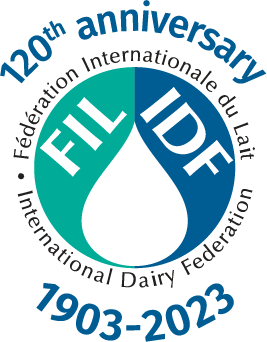Share this page
Addressing childhood malnutrition in
Sri Lanka
New school milk program in Sri Lanka also promotes food safety and recycling
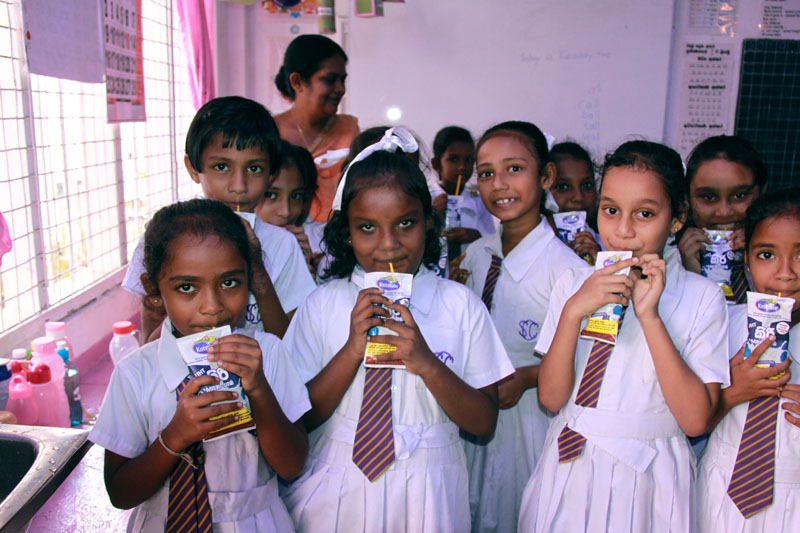

Location
Sri Lanka
Number of children
400,000
Age range
Primary aged
Timing
From 2019
Program overview
Approximately 950 schools in Sri Lanka have received direct intervention for improving the school food environment, through the provision of 100 percent locally produced UHT milk, fully funded by the government of Sri Lanka and implemented by the Ministry of Education.
The scheme’s initial goals were to provide locally sourced quality nutrition to schoolchildren and boost milk production, along with recycling goals. As a long-term objective, technical assistance and training to farmers through the Dairy Hub model will continue, to increase milk production.
Type of products
100% locally produced UHT milk
Stakeholder engaged
School districts, government agencies, school food service departments, community partners, students
Additional details
According to the World Food Programme, Sri Lanka has levels of acute malnutrition – ranging between 14 and 35 percent in the districts surveyed. A national nutrition survey found that there is a 19.6% prevalence of wasting. Malnutrition is considered to be an obstacle for socio-economic development in the country, which has a growing population of 21 million. Meanwhile, according to the Ministry of Agriculture, less than 40% of milk demand is produced locally. Yields per cow are still low at less than two litres per day.
According to the IFCN Dairy Research Network, milk production has been increasing at around 10 percent per year with good potential for growth in the sector. Another challenge for Sri Lanka is being highly vulnerable to climate change. An island nation with extreme weather events and recurrent natural disasters, it ranks second in the Global Climate Risk Index.
The Sri Lankan Government has implemented school milk for many years, but in 2019 introduced UHT milk in around 950 schools in Sri Lanka. Schools have received 100 percent locally produced UHT milk, fully funded by the government of Sri Lanka and implemented by the Ministry of Education. The scheme’s initial goals were to provide locally sourced quality nutrition to schoolchildren and boost milk production, along with recycling goals.
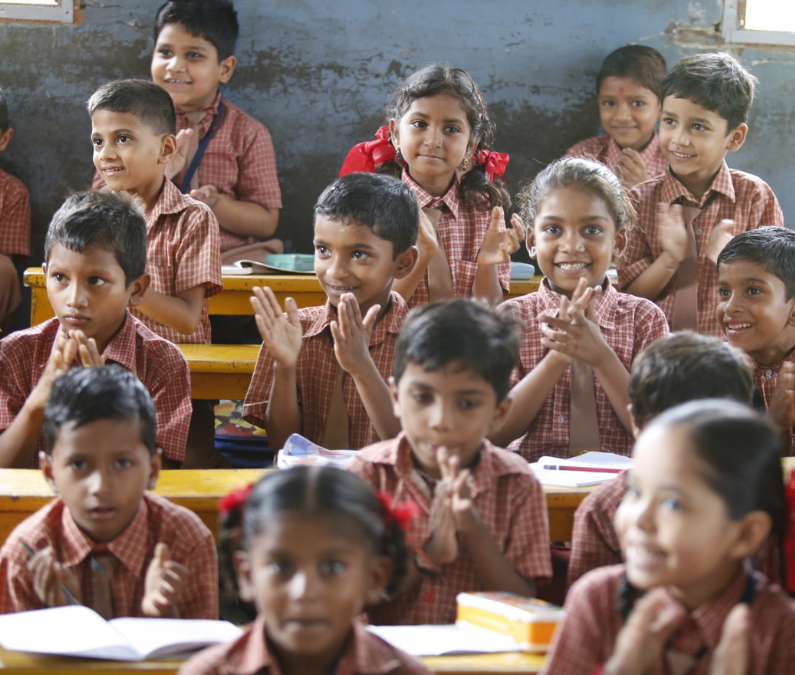

Organization
Ministry of Education Government of Sri Lanka - supported by Tetra Pak
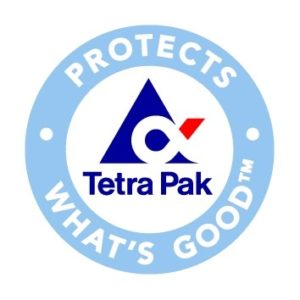

Monitoring & impact
The Ministry of Education is measuring nutritional indicators among children, such as height and weight and how the improved attendance can eventually impact learning outcomes.
To achieve its further long-term objective, technical assistance and training to farmers through the Dairy Hub model will continue, to increase milk production. Tetra Pak technical assistance support and training on food safety protocols and working with partners to scale up the collection and recycling infrastructure will continue.


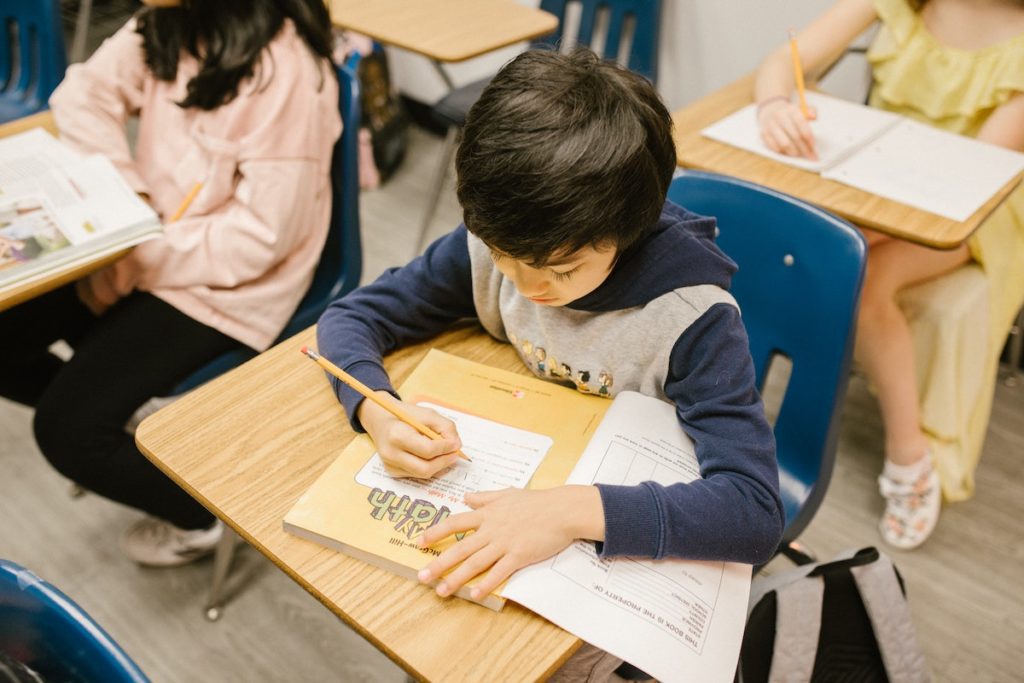

Dietary guidelines
Sri Lanka first published food-based dietary guidelines in 2002. A revised version was launched in 2011. The guidelines were developed by the Nutrition Division of the Ministry of Health, in consultation with various government ministries, universities, nutrition associations and institutes, consumer and non-governmental organizations, and with the support of the World Health Organization and UNICEF. The guidelines are endorsed by the Ministry of Health, the Ministry of Education, the Ministry of Agriculture and nutrition institutes. The dietary guidelines are aimed at the general population, and include recommendations for different population groups. The food guide of Sri Lanka is a food pyramid divided into six levels. Rice, breads, other cereals and yams are at the base: vegetables and fruits on the second level; fish, pulses, meat and eggs are on the third level; followed by dairy products, nuts and oils, and fat and sugary products. It advises to consume milk or milk products daily.
Further links
Get in touch for the further information on the development and implementation of this school milk program:
- Further information on the development and implementation of this program is available on the Tetra Pak website
- Resources and contact details are available here
.
.
.
